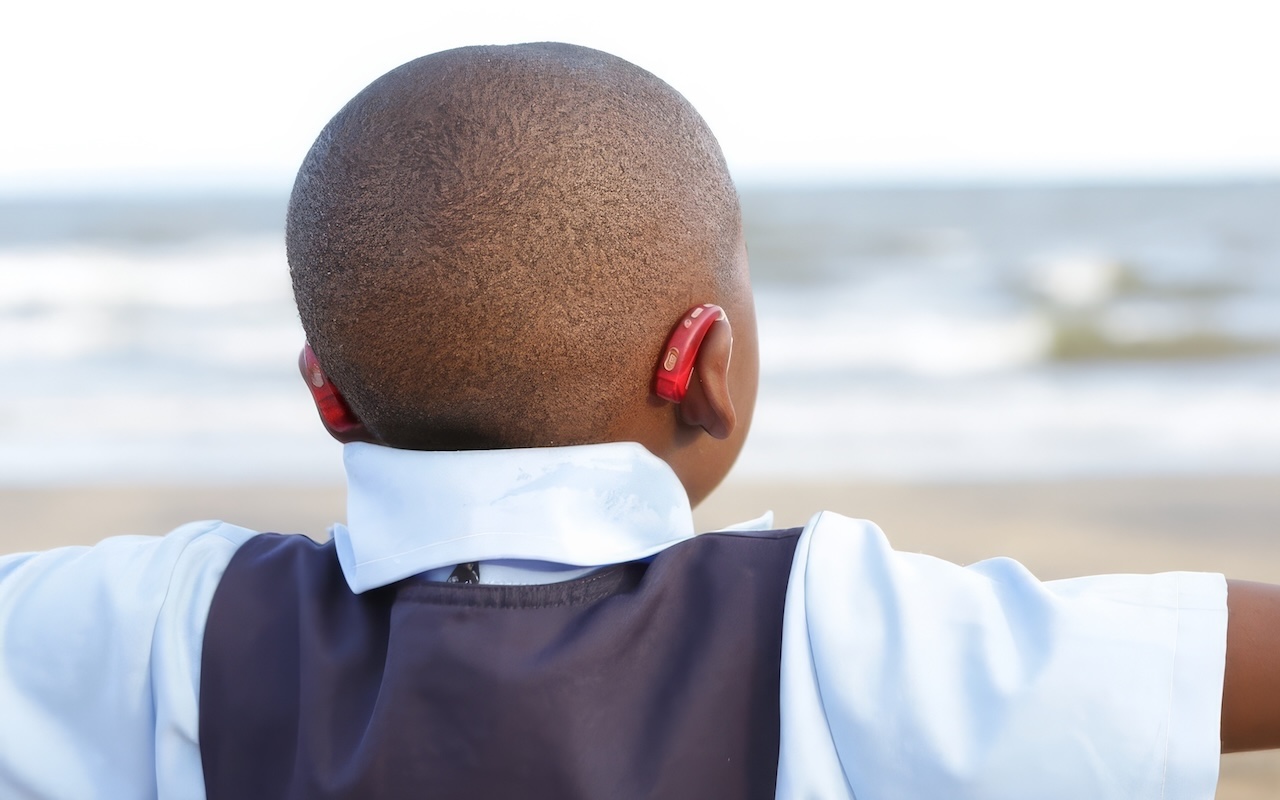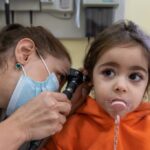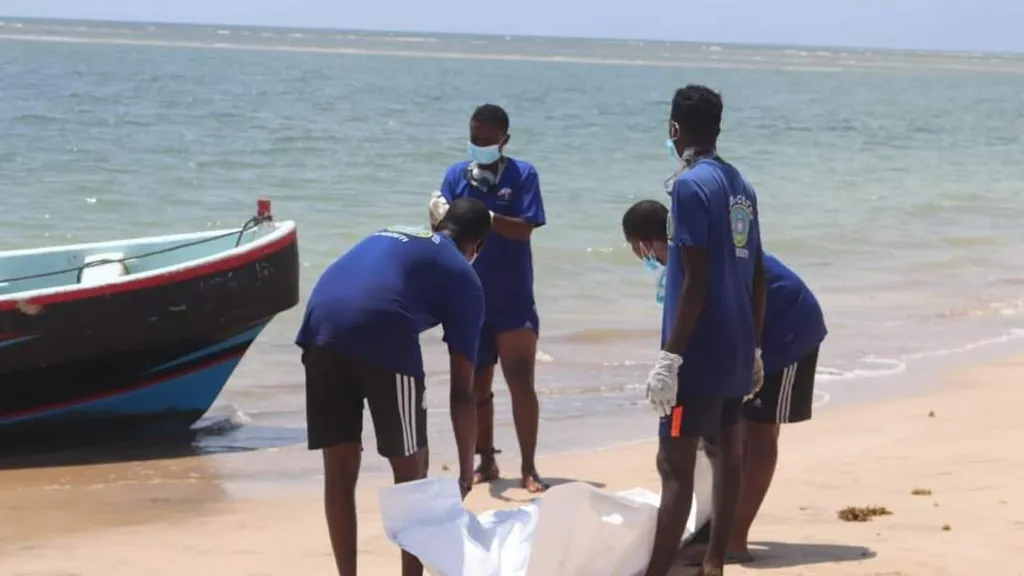A new report from the World Health Organization (WHO) has revealed that hearing loss is costing Africa a staggering US$ 27 billion annually, and this figure is expected to rise without urgent intervention.
The “Status Report on Ear and Hearing Care in the WHO African Region,” launched today during the African Summit on Hearing Impairment in Nairobi, Kenya, warns that the number of people living with hearing loss in Africa, currently estimated at around 40 million, could surge to 54 million by 2030 if the issue is not addressed promptly.
Hearing loss has a significant impact on individuals and economies alike, with the burden falling disproportionately on poor and vulnerable populations.
The report highlights that without immediate measures, this widespread condition will worsen existing inequalities in accessing healthcare services across the continent.
For children, hearing loss can severely delay language development, leading to poor educational outcomes and limited future career opportunities. Meanwhile, adults who suffer from untreated hearing loss are more prone to social isolation, loneliness, and increased risks of depression and dementia.
The report attributes the growing prevalence of hearing loss in Africa to several factors, including a critical shortage of ear and hearing care (EHC) specialists. More than 56% of African countries, for instance, have only one ear, nose, and throat (ENT) specialist for every million people, in contrast to the European region, which boasts around 50 specialists per million people.
In addition, more than three-quarters of African countries have fewer than one audiologist and speech and language therapist for every million people. Although an estimated 33 million Africans could benefit from a hearing aid, only 10% of them have access, largely due to the lack of EHC financing and high costs associated with care.
The report also highlighted that while 36 out of 43 African countries provide EHC services at the tertiary level, similar services are absent at the primary care level, despite the fact that most causes of hearing loss are preventable.
Simple public health interventions or risk mitigation measures could prevent common causes of hearing loss, especially among children in low- and middle-income countries.
In fact, the report found that up to 75% of childhood hearing loss in these regions is preventable, often caused by infections, common ear diseases, or birth complications. Yet, most countries do not routinely screen newborns for hearing issues.
Even in countries that have EHC programmes, services are not well-integrated into other health priorities such as school health, occupational health, or healthy ageing programmes.
The report identified the lack of national policies and plans for strengthening EHC delivery as a key challenge, along with low implementation levels in countries that have such plans. Moreover, 35% of African countries do not allocate a budget for EHC activities, leaving patients to bear the entire cost of their treatment.
To address these challenges, the report recommends that African countries leverage its findings to drive action at the highest levels, particularly in advocating for policies focused on EHC. It urges the urgent integration of EHC into existing health programmes to optimize scarce resources and calls for governments to explore public-private partnerships to strengthen EHC services.
Dedicated financing for EHC, the report emphasizes, is essential to equip healthcare facilities with the necessary products and technologies, enhance EHC research and development, and strengthen the healthcare workforce’s capacity.
Without such actions, the costs of untreated hearing loss will continue to rise, further burdening Africa’s economies and healthcare systems.








